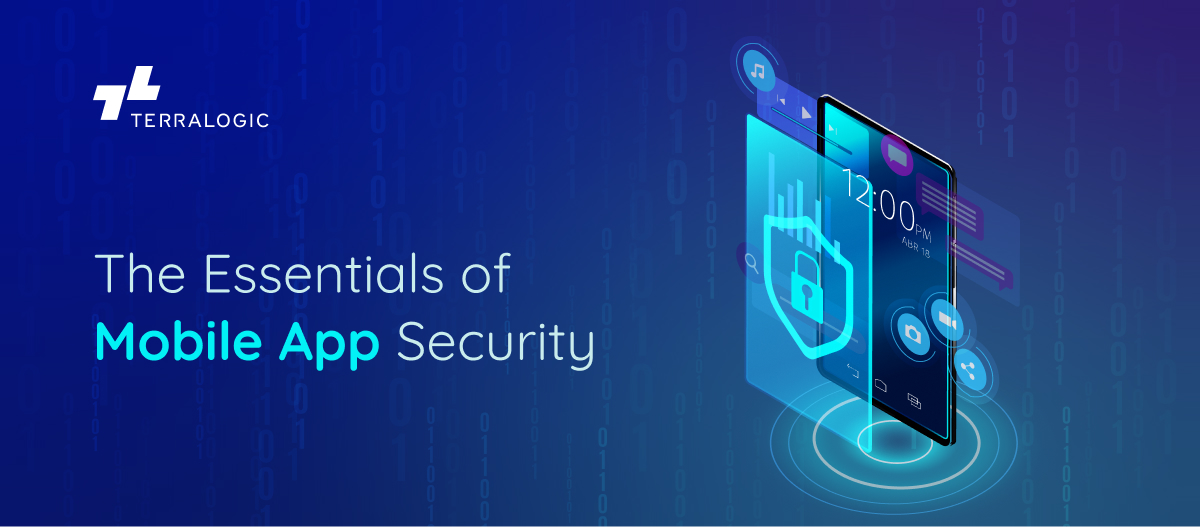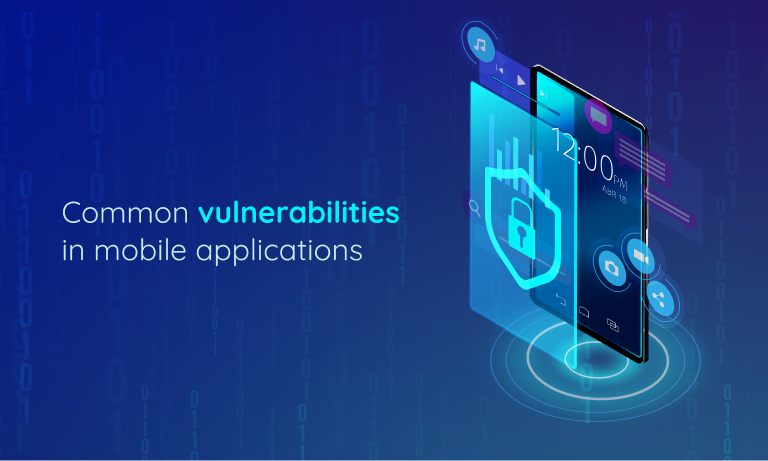The Essentials of Mobile Application Security
January 29, 2025

You, me, and 4.88 billion people use mobile applications daily. Mobile applications have become an essential part of our lives. From managing finances to communicating with loved ones, mobile apps hold sensitive personal data that must be protected. And they have become the primary target for cyberattacks. Mobile application security protects these apps and the data they hold from malicious threats, ensuring a safe user experience.
Why Mobile Application Security Matters
As technology evolves, so does crime. Therefore, securing applications has become a top priority in the digital landscape. Establishing application security is not just about protecting data—it’s about complying with regulations, avoiding financial losses, and maintaining the trust and loyalty of your users.
A small security breach can expose a tremendous amount of customers’ data, leading to a loss of customer trust and reputational damage to the company.
6 reasons why application security is vital:
- Protects user data: Good security ensures that people’s private details stay private and aren’t exposed to the wrong hands.
- Prevents financial loss: With strong security, users can avoid risks like stolen payment information or identity theft, leading to personal financial losses, and companies might overcome problems like losing money through stolen data, fines, or lawsuits.
- Maintains user trust: Security breaches damage a company’s reputation and lead to a loss of user trust. By ensuring the security of your app, you can strengthen user confidence that their data is safe and their privacy is respected.
- Preventing Unauthorized Access: Secure apps protect against unauthorized access, which means only the right people can access certain information or features.
- Reducing the Risk of Malware and Attacks: Good security can defend against common attacks like phishing or ransomware, where attackers might try to lock users from data or trick them into sharing personal information
- Compliance with the regulations: App security is crucial to complying with regulations such as GDPR, HIPAA, and PCI DSS.
Common vulnerabilities in mobile applications.

Mobile applications are open to various vulnerabilities that can compromise security, user data, and application integrity. Let’s see what the vulnerabilities that a mobile application has are:
- Insecure Data Storage: Storing sensitive data in an insecure manner that leaves data vulnerable to theft or exploitation.
- Weak or Hardcoded Passwords: Sometimes developers hardcode sensitive information like passwords directly in the code, making it easy for attackers to find and misuse.
- Unsecured Data Transmission: When apps send data over the internet, unsecured transmission can expose this data to hackers, especially on public networks.
- Improper Session Management: If an app doesn’t manage user sessions securely, attackers can hijack a user’s session and impersonate them. Sessions should expire after inactivity or on logout.
- Insufficient Authentication and Authorization: Authentication confirms a user’s identity, while authorization checks their permissions. If either isn’t secure, unauthorized users might gain access to restricted features.
- Insecure Code Practices: If apps don’t validate user input, hackers can input malicious data to manipulate the app or server.
- Exposing Sensitive Data in Logs: Logs help troubleshoot, but they shouldn’t contain sensitive data. If a hacker accesses the logs, they could steal this information.
- Missing Platform Security Guidelines: Each platform has its own guidelines to ensure app security, like limiting permissions and using secure APIs; without following them, apps may become vulnerable.
- Using Outdated Libraries or Components: Outdated libraries may contain security flaws that hackers can exploit. Regular updates reduce this risk.
- Insecure Cryptography: Outdated or weak encryption can make data easy to decrypt. Strong cryptography should always be used.
Key Strategies to Secure Your Mobile App
Being open to attacks is not a good thing for either a customer or for a company. So, one must follow certain security strategies to protect mobile apps from being targeted. To guard mobile apps, let’s look into adopting robust plans such as:
- Secure Authentication: Implement multi-factor authentication (MFA) to ensure only legitimate users gain access.
- Encrypt Data: Use modern encryption standards to safeguard data during storage and transmission.
- Regular Testing: Conduct penetration testing and regular audits to identify vulnerabilities before attackers do.
- Adopt Best Coding Practices: Avoid hardcoding sensitive information and validate all user inputs.
When you implement these security measures for your application, they become less susceptible to data breaches, improve app integrity, demonstrate your commitment towards security, and build user trust, leading to increased app adoption and retention.
Role of AI in mobile app security
AI is becoming a mainstream technology in all industries. It is playing a pivotal role in mobile application development and security. AI systems can find unusual patterns in real time thanks to its data processing power. Based on users’ past behavioral data, it detects anomalies that deviate from the norms. To secure user data, AI enhances data encryption algorithms that can evolve to counter emerging threats.
Plus, it can predict future attacks, enhance other security measures like biometric authentication, and continue to monitor and respond to any suspicious activity.
Conclusion: Mobile application security is the need of the time
Going into 2025, security is a must-have factor for everything. With billions of people using mobile applications daily for their essential needs, compromising security is no chance. So, every organization or business should understand its importance and implement best practices to safeguard their mobile applications.
Keep reading about
LEAVE A COMMENT
We really appreciate your interest in our ideas. Feel free to share anything that comes to your mind.
Our 16 years of achievements includes:
-
10M+
lines of codes
-
2400+
projects completed
-
900+
satisfied clients
-
16+
countries served




